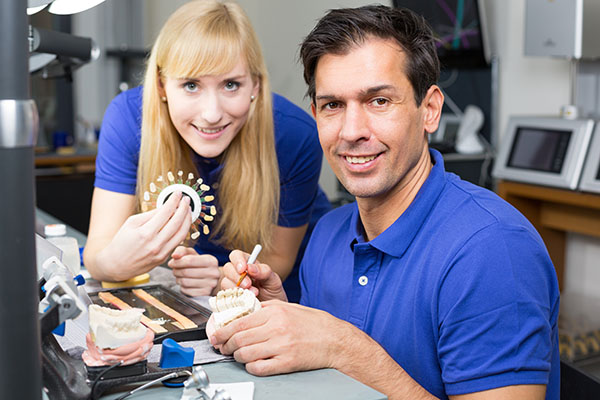 Veneers are artificial tooth coverings made of porcelain or resin that can improve a patient’s smile. Only fixed to the surface of the patient’s natural teeth, these dental appliances can be used to repair a majority of aesthetic issues, such as chips, stains, or cracks. Getting any dental treatment that mends problems with a smile can greatly boost the confidence of a patient and improve everyday living. If you are interested in getting this simple treatment, here is how to get started.
Veneers are artificial tooth coverings made of porcelain or resin that can improve a patient’s smile. Only fixed to the surface of the patient’s natural teeth, these dental appliances can be used to repair a majority of aesthetic issues, such as chips, stains, or cracks. Getting any dental treatment that mends problems with a smile can greatly boost the confidence of a patient and improve everyday living. If you are interested in getting this simple treatment, here is how to get started.
What to discuss with a dentist
When a patient wants to fix a smile, many questions come to mind. Before any dental treatment is chosen, it is important to understand each option and if a patient is a good fit for the procedure. For veneers, this means talking to a dentist about the advantages of this material over others, if a patient’s teeth qualify for treatment, how the procedure works, and proper aftercare. Fortunately, most dentists are open to discuss these things and talk patients through each step of the process.
Is the patient a good candidate?
Many dental treatments can improve a smile by removing teeth stains and filling in damage. Veneers may be right for a patient who has severe discoloration that cannot be helped by other procedures. Patients who have teeth with general wear or that are separated by unsightly gaps can also benefit from this treatment over other options, as it covers the surface of each tooth, making a smile even, filled in, and properly colored. Patients can ask a dentist if this procedure is advantageous for their individual needs.
How does the procedure work?
First, a dentist will take measurements of the patient’s teeth for the creation of the veneers. Patients can discuss whether porcelain or resin is a good choice depending on personal needs. For example, resin material can often be made while the patient waits in a same-day procedure, while porcelain is usually made in a lab away from the dental office but is considered more durable and lasts longer. A dentist can advise patients on which to choose.
Once the materials are made, the dentist scrapes away a small portion of each tooth that is to be treated. This makes necessary room for the attachment of the porcelain or resin. Finally, each veneer is bonded to the tooth, and the dentist may complete extra sculpting so that the teeth look uniform and neat.
What are proper aftercare techniques?
Getting veneers can be a big decision, so patients will want to keep them as pristine as possible for lasting results. Keeping up normal dental hygiene, including brushing twice a day and flossing at least once, is a great way to maintain the new appliances. Avoiding drinks and foods that stain, such as red wines and tomato-based sauces, can prevent discoloration.
Conclusion
Starting a conversation with a dentist about any treatment can be intimidating, but these professionals are there for every patient’s dental needs. Even if the desire for treatment is purely cosmetic, a dentist will still be more than willing to discuss it.
Request an appointment or call North Coast Dental Implants & Cosmetics at 760-705-3407 for an appointment in our San Marcos office.
Related Posts
Veneers can improve a patient’s smile in many ways by covering up imperfections in teeth with natural-colored shells. Staining on front teeth is one of the most popular reasons patients choose this type of restoration. People who have lived with discolored teeth can feel uncomfortable smiling in public, and other treatment options may not be…
Dental veneers are made of porcelain or composite resin material. The shells cover the front surface of a patient's front teeth and can be used to change the size, shape, or color of teeth. These restorations have been used for years to transform smiles, but some may wonder about their permanency. There are several reasons…
There are numerous cosmetic procedures to improve someone’s smile, and veneers are a popular option. There are two types of veneers: Porcelain and composite. Both are used for minor cosmetic issues such as discolored teeth, cracks or chips, gaps between teeth, and worn-down enamel.Porcelain is used more often as there are numerous benefits, but this…
